"Unacceptable" data scraping lands Meta a £228m data protection fine
The much-awaited decision follows the scraping of half a billion users' data and received unanimous approval from EU regulators
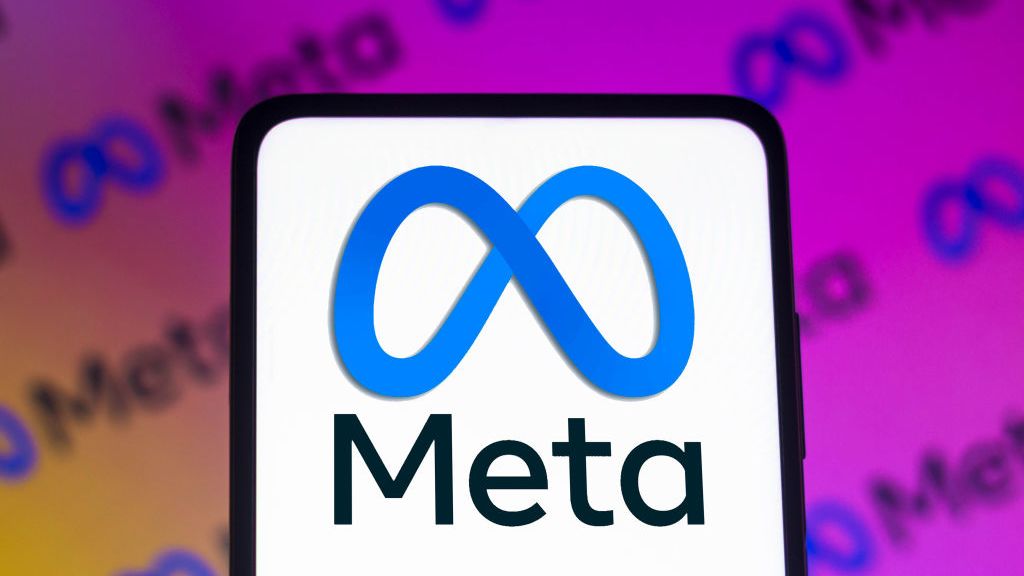

Meta has been fined €265m (£228m) by the Irish Data Protection Commission (DPC), following a prolonged inquiry into a data scraping incident.
The DPC imposed a reprimand against Meta, leveraged the administrative fine against the firm, and ordered it to take specific remedial measures within a specific time frame in order to bring its processing of personal data into compliance with EU law.
The decision comes after a 17-month inquiry into the company, after it was discovered that personal data from the Facebook accounts of 533 million users was publicly available on a hacking forum.
This had been scraped from Facebook between May 2018 and September 2019 through the use of tools intended to link users to their friends using phone numbers.
As part of its decision, the DPC did not find that the incident constituted a hack, data breach, or security practice failing. In a press release on the decision, the DPC stated that the inquiry and decision process included “cooperation with all of the other data protection supervisory authorities within the EU”, and that all agreed on the final decision.
"Protecting the privacy and security of people’s data is fundamental to how our business works,” a Meta spokesperson told IT Pro.
“That’s why we have cooperated fully with the Irish Data Protection Commission on this important issue. We made changes to our systems during the time in question, including removing the ability to scrape our features in this way using phone numbers.
Get the ITPro daily newsletter
Sign up today and you will receive a free copy of our Future Focus 2025 report - the leading guidance on AI, cybersecurity and other IT challenges as per 700+ senior executives
RELATED RESOURCE
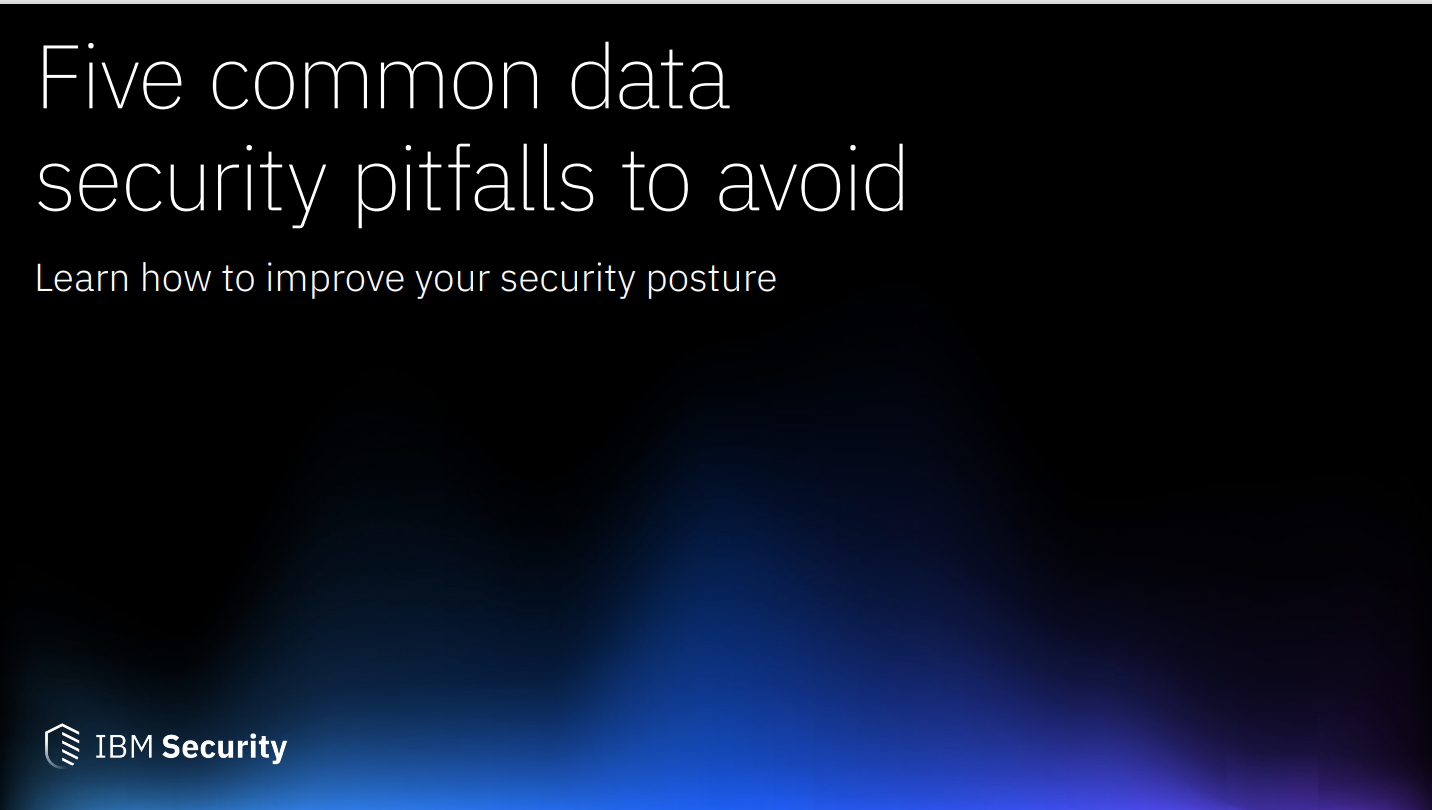
“Unauthorised data scraping is unacceptable and against our rules and we will continue working with our peers on this industry challenge. We are reviewing this decision carefully.”
The decision has brought the total amount that Meta has paid in data privacy fines within Europe to €1 billion (£863,000), with the DPC having ordered Meta subsidiary Instagram to pay a record €405 million in September for a violation of GDPR involving data processing for the platform’s 13-17-year-old users. The commission found that children in this age range could set up business accounts, set to 'public' by default.
“Meta is on a losing streak,” said Sarah Coop, analyst at data and analytics company GlobalData.
“Privacy breaches damage consumer trust, which is already dwindling for Meta. Its central social media platform, Facebook, is struggling to attract younger users due to strong competition from other platforms like TikTok. The company has also reportedly lost $9.4 billion on its metaverse business unit and has recently restructured, laying off 11,000 employees.”
“GDPR fines are simply collateral damage for Big Tech. While fines can be large, at up to 4% of global turnover, most Big Tech consider it the cost of doing business. However, consumer confidence will be important for the metaverse, and cybersecurity breaches and data privacy fines further taint Meta’s already tarnished reputation.”
However, some in the industry have pointed out that the mishandling of personal data is far from a problem unique to Meta.
“Meta should not be the scapegoat of those worried about misuse of personal data,” said Paul Brucciana, cyber security advisor at WithSecure
“4.1 billion records leaked in the first 6 months of 2019 alone. In a recent poll of 1,000 US companies, nearly half (45%) claim they have faced a major data breach within the past five years. The situation is unlikely to be less grave anywhere else.”
In addition to following the decision made by the DPC, Meta has outlined a number of practices that it has already implemented in order to tackle data scraping on its platforms.
Instagram slapped with €405 million GDPR fine over breaches General Data Protection Regulation (GDPR) The IT Pro Podcast: How secure is metaverse tech?
The firm has employed tactics such as rate limiting to prevent scrapers from using platforms at an abnormal speed, automated tools for investigation, and hunting down datasets with the help of threat intelligence researchers.
Meta stated that users can tailor their privacy settings to limit the amount of data visible on their profile, which in turn reduces data misuse.
The fine comes amidst a record low for Meta’s finances. In October, the company’s earnings call painted a bleak picture, with net income down 52% against a 19% surge in spending.
The firm’s commitment to developing metaverse tech, driven in no small part by CEO Mark Zuckerberg, has led to record spending by the company on its Reality Labs division, with almost $10 billion allocated this year alone, and more locked in for 2023.
Since its earnings call, Meta has cut 11,000 staff amidst calls by Zuckerberg for a more capital-efficient company. The firm has admitted that its growth has not hit the anticipated targets, and Zuckerberg has indicated that its current financial situation is down to a mixture of macroeconomic factors and an overly-optimistic investment strategy.

Rory Bathgate is Features and Multimedia Editor at ITPro, overseeing all in-depth content and case studies. He can also be found co-hosting the ITPro Podcast with Jane McCallion, swapping a keyboard for a microphone to discuss the latest learnings with thought leaders from across the tech sector.
In his free time, Rory enjoys photography, video editing, and good science fiction. After graduating from the University of Kent with a BA in English and American Literature, Rory undertook an MA in Eighteenth-Century Studies at King’s College London. He joined ITPro in 2022 as a graduate, following four years in student journalism. You can contact Rory at rory.bathgate@futurenet.com or on LinkedIn.
-
 Bigger salaries, more burnout: Is the CISO role in crisis?
Bigger salaries, more burnout: Is the CISO role in crisis?In-depth CISOs are more stressed than ever before – but why is this and what can be done?
By Kate O'Flaherty Published
-
 Cheap cyber crime kits can be bought on the dark web for less than $25
Cheap cyber crime kits can be bought on the dark web for less than $25News Research from NordVPN shows phishing kits are now widely available on the dark web and via messaging apps like Telegram, and are often selling for less than $25.
By Emma Woollacott Published
-
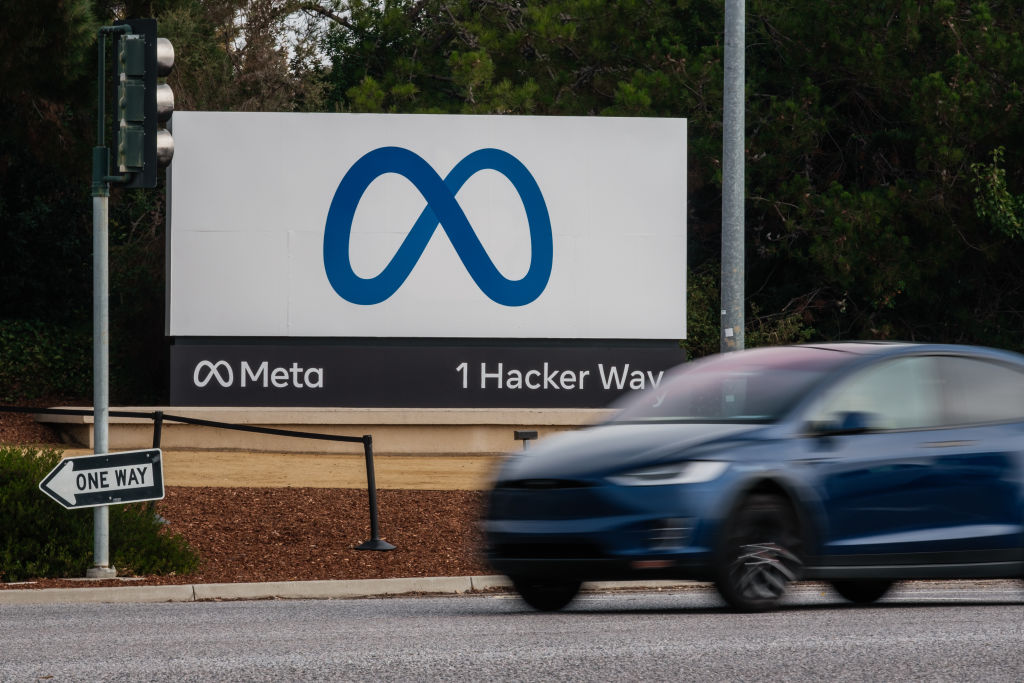 Latest Meta GDPR fine brings 12-month total to more than €1 billion
Latest Meta GDPR fine brings 12-month total to more than €1 billionNews Meta was issued with two hefty GDPR fines for “forcing” users to consent to data processing
By Ross Kelly Published
-
 Meta notifies around 1 million Facebook users of potential compromise through malicious apps
Meta notifies around 1 million Facebook users of potential compromise through malicious appsNews The vast majority of apps targeting iOS users appeared to be genuine apps for managing business functions such as advertising and analytics
By Connor Jones Published
-
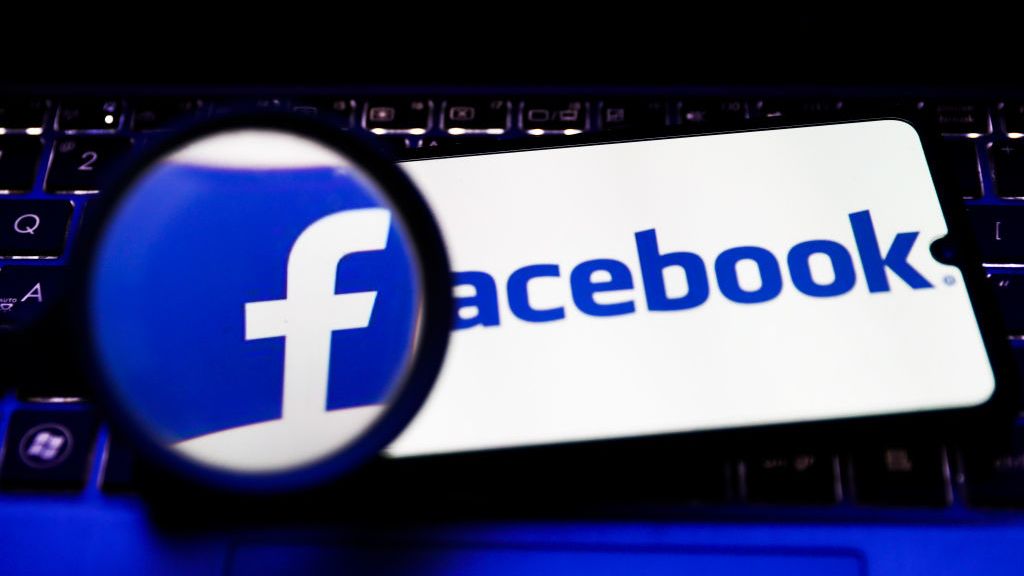 Facebook business accounts hijacked by infostealer malware campaign
Facebook business accounts hijacked by infostealer malware campaignNews Threat actors are using LinkedIn phishing to seize business, ad accounts for financial gain
By Rory Bathgate Published
-
 Meta begins encrypting Facebook URLs, nullifying tracking countermeasures
Meta begins encrypting Facebook URLs, nullifying tracking countermeasuresNews The move has made URL stripping impossible but will improve analytics
By Rory Bathgate Published
-
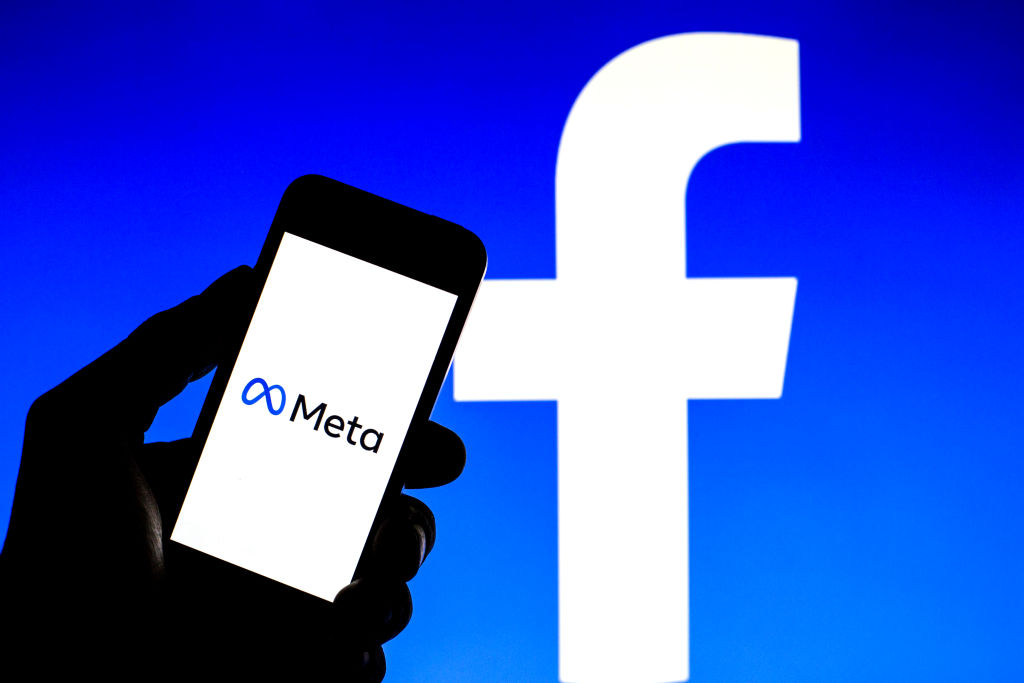 Meta hit with €17 million fine over multiple GDPR breaches
Meta hit with €17 million fine over multiple GDPR breachesNews The social media giant set aside over €1 billion in November to help it cope with potential fines arising from data protection investigations
By Zach Marzouk Published
-
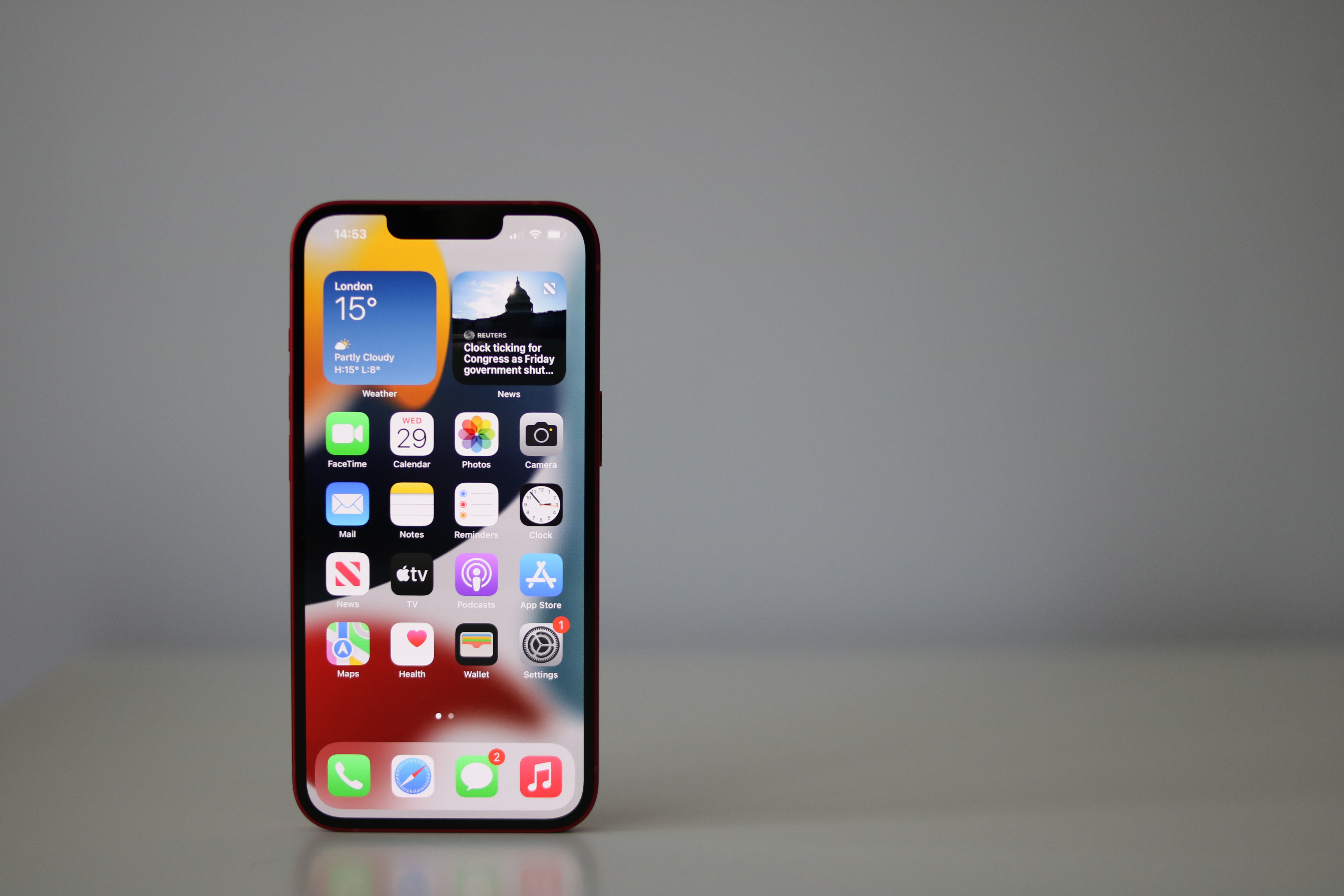 Meta says Apple's iOS privacy changes will cost it $10 billion in 2022
Meta says Apple's iOS privacy changes will cost it $10 billion in 2022News The company's CFO suggests Google "faces a different set of restrictions" because it pays Apple to remain the default iOS search engine
By Bobby Hellard Published
-
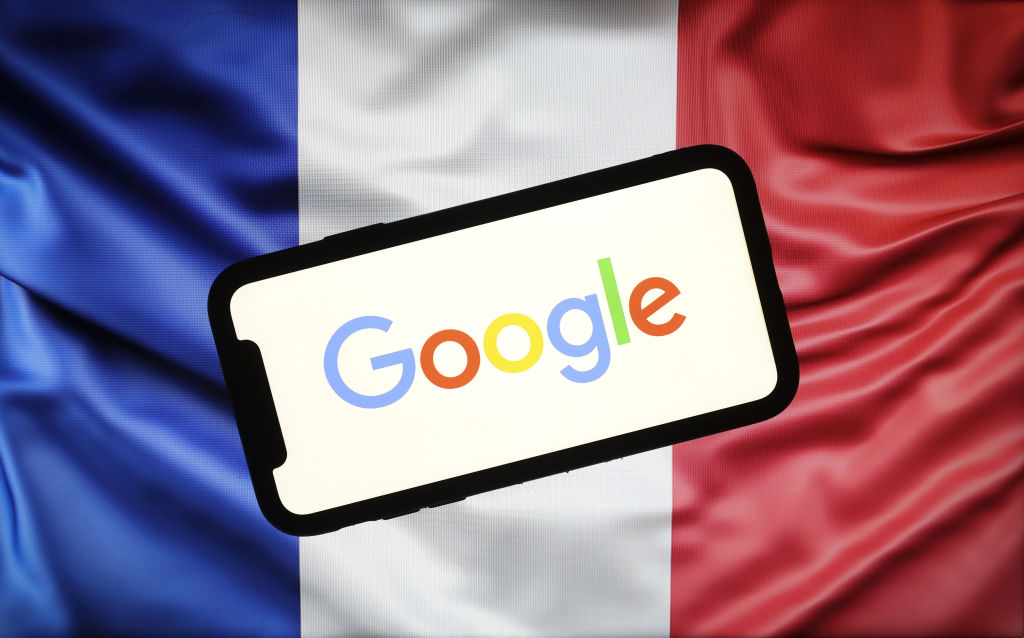 Google, Facebook fined €210 million for making it difficult for users to reject cookies
Google, Facebook fined €210 million for making it difficult for users to reject cookiesNews Data regulator CNIL gives companies three months to provide a system for refusing cookies that is as easy as single click consent
By Zach Marzouk Published
-
 Meta makes 2FA mandatory for high-risk users
Meta makes 2FA mandatory for high-risk usersNews Journalists and activists must adopt extra protective measure under new rule
By Danny Bradbury Published